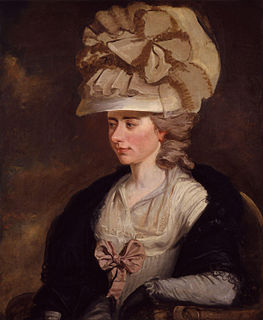A Quote by Francois de La Rochefoucauld
The happiness and unhappiness of men depends as much on their ethics as on fortune.
Related Quotes
If you don't enjoy getting up and working and finishing your work and sitting down to a meal with family or friends, then the chances are you're not going to be happy. If someone bases his happiness or unhappiness on major events like a great new job, huge amounts of money, a flawlessly happy marriage or a trip to Paris, that person isn't going to be happy much of the time. If, on the other hand, happiness depends on a good breakfast, flowers in the yard, a drink or a nap, then we are more likely to live with quite a bit of happiness.
My effort here is to create bliss, not happiness. Happiness is worthless; it depends on unhappiness. Bliss is transcendence: one moves beyond the duality of being happy and unhappy. One watches both; happiness comes, one watches and does not become identified with it. One does not say, 'I am happy. Peace, it is wonderful.' One simply watches, one says, 'Yes, a white cloud passing.'
Remember one thing: the one who brings unhappiness to others in the end becomes unhappy himself, and the one who brings happiness to others in the end reaches to the heights of happiness. That's why I am saying that someone who tries to give happiness develops the center of happiness inside himself, and someone who tries to bring unhappiness to others develops the center of unhappiness inside himself.
Those who wander in the world avowedly and purposely in pursuit of happiness, who view every scene of present joy with an eye to what may succeed, certainly are more liable to disappointment, misfortune and unhappiness, than those who give up their fate to chance and take the goods and evils of fortune as they come, without making happiness their study, or misery their foresight.

































